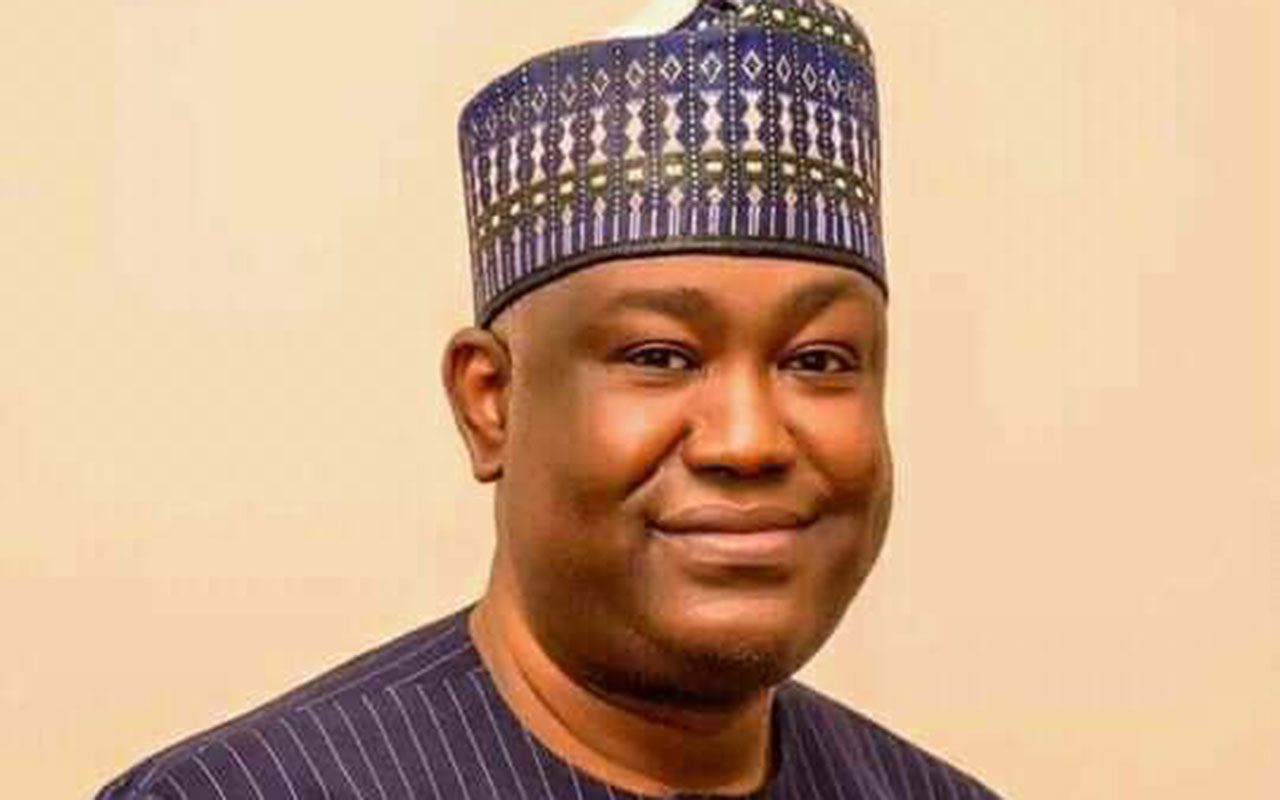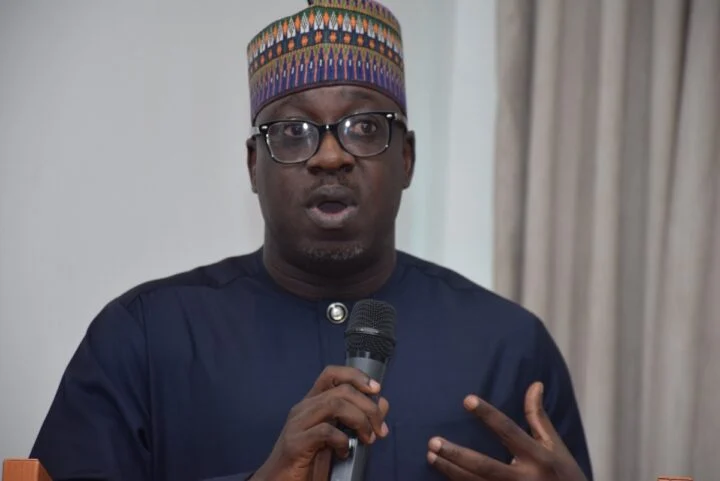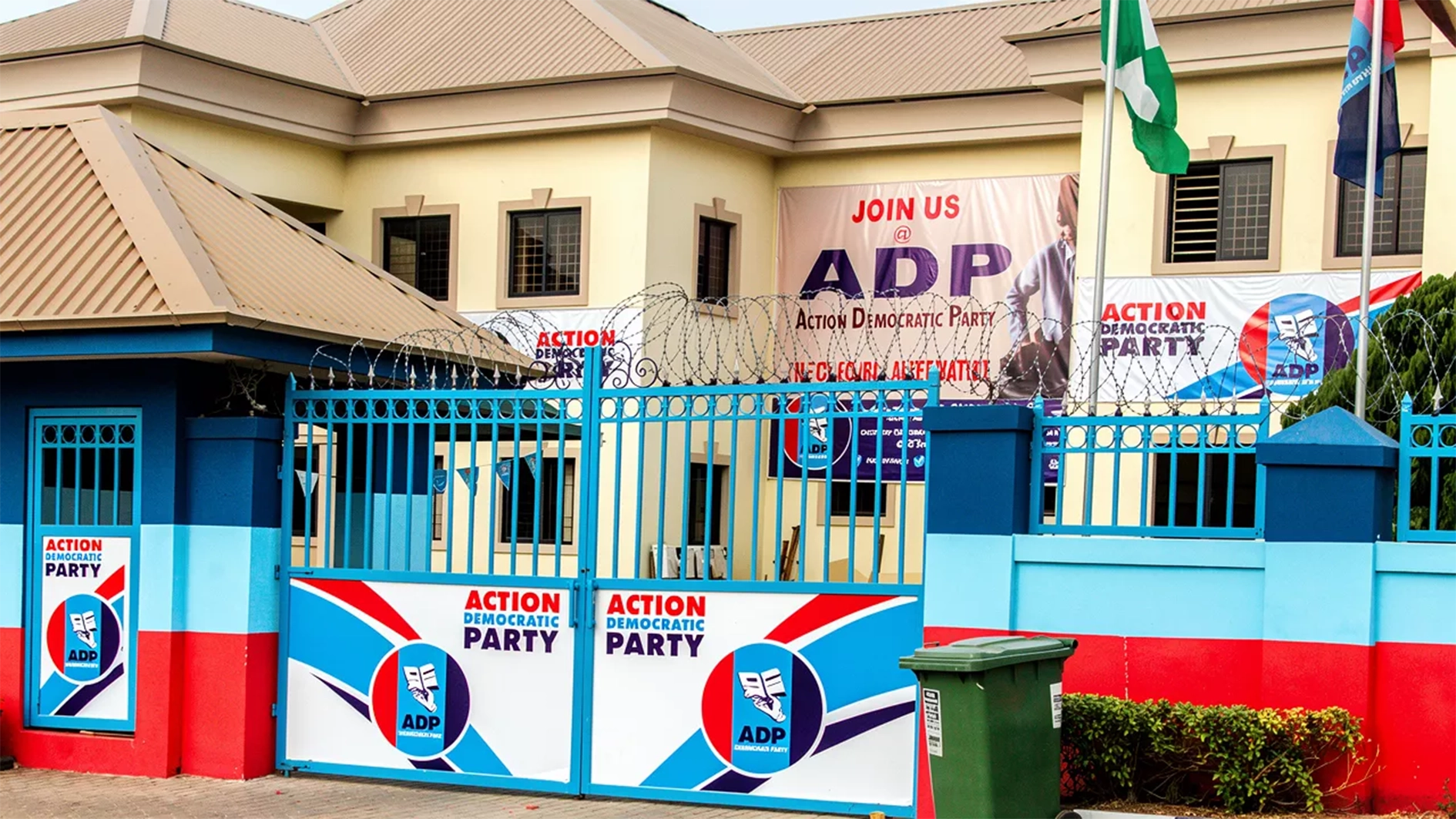
Chieftain of the All Progressives Congress (APC), Gbenga Olawepo-Hashim, spoke with newsmen on national questions and challenges facing the country, drawing attention to their solutions. MUYIWA ADEYEMI was there.
How will you describe the political space of Nigeria at 63?
Before Independence and in the First Republic, political parties and campaigns were based on ideology. Chief Obafemi Awolowo and other founding fathers of Nigeria talked about federalism and not a rotation of the presidency. Now, people do not talk about programmes and values. What they talk about is ‘it’s our turn.’
There should be talks about federalism, not rotation of the presidency because they are not exactly the same. Federalism is about decentralisation of power to the major components of society.
Those components could be Hausa, Igbo, or Yoruba, it does not really matter. It’s just a structural arrangement about the balance of power, rotation of the presidency or rotation of power is not federalism.
Despite our level of education now, we have created a society where every issue has to be looked at: Is it pro-North or pro-South, pro-Christian or pro-Muslim?
We have more professors now than we had in 1965, but the people of that era, despite their limited access to Western education, were more forthright, more patriotic, and more educated than present-day Nigerians in terms of national value.
As a people, we need to reset our thinking. There is no major development in history without a period of ideological preparation on a mass scale.
Before independence, all the national newspapers were saying the same thing, whether it was West African Pilot or Tribune. All these newspapers had the same focus and were ideologically based.
Even in European history, there was a period of darkness. The period when they were preparing for the industrial revolution was called the renaissance.
This should be our period of renaissance where we promote the best in our values and discuss them on a mass scale. This should be a period when we inspire mass consciousness, not the worst of us, enough of bringing the worst in us to the front burner.
Emotionalism and what is news about us is now driven by the most audacious of evil that lives among us. We need to shift a bit.
That way, we can also redefine mass social value and consciousness. The people of Nigeria desperately need to come together. Without this on a mass scale, it will be difficult to have progressive leadership.
Where and how did Nigeria get it wrong in terms of leadership?
There was a coup, and after the military coup, Nigeria started to regress. The basics for national development were arrested. Since then, nothing fundamental has been added because true federalism upon which Nigerians agreed to live together was suspended.
What is the way forward?
All of us who subscribe to progress must give leadership to whatever community we are in, and drive these values in our communication.
Whether you are an editor or headmaster or clergyman, you are a leader at your own level. We must take it as a responsibility.
First, there must be a change inside us at those levels to subscribe to higher national values.
Two, we must have electoral reform, leaders should not be chosen by their war chest, and the electoral process must be transparent. It must not just be free; it must also be fair, because that is what is called transparency, as prescribed in the constitution of the Independent National Electoral Commission (INEC). Let’s deal with those issues now and put them behind us, so, people will know that there is a process that assures of fair competition, and elections will not be like war because if you fail an election in a process that is overwhelmingly not transparent, people will find it easy to come to terms with defeat.
However, when something is shady even if it is fair, there will be a problem, because you cannot convince anybody that something hasn’t happened. That is what transparency is all about; it is not a legal issue.
So, we have to deal with electoral reforms, so that we don’t extinguish the hope of our young people who really want a better country. These two issues: the definition of electoral values and national reforms are important issues right now.
That is why there is a need to reconstitute INEC. The same INEC cannot get young people to serve as adhoc staff for the off-season holding in Bayelsa, Imo and Kogi states on November 11.
INEC has a lot of work to do to convince people about the electoral process in Nigeria, because of the evil that was done in 2023. They have done so much violence to this country in that process. They raised the people’s hope, particularly, young people who are first-time voters, and told them they would do some things, but at the end of the day, unapologetically and without any communication, they just discarded everything.
I’m not saying that APC didn’t win the election. There was a structural problem with the opposition. One noticeable structural problem was the Peoples Democratic Party (PDP). Going into the election, the party was already divided into three parts – the Labour Party (LP) and Obi were part of PDP, Musa Kwankwaso of the New Nigeria Peoples Party (NNPP), was part of it and Atiku’s mainstream PDP emerged. All votes for these parties were from the same party. You also had about the G-5 who belonged to then Rivers State Governor, NyesomWike’s faction. If you add those factions to the governors who supported Tinubu, you had like 28 governors with resources and all. It is very difficult for 28 governors out of 36 to support somebody and the person will lose.
In fact, the size of votes that those 28 governors produced at the end of the day was less than 40 per cent. As a matter of fact, it is a disappointment, because the result didn’t match the level of structural and organisational support.
It shows how unpopular the APC has become. Otherwise, if you have 28 governors, you should have a landslide victory. However, it is a measure of how angry Nigerians are with the APC as a party; that is why even with the support of 28 governors, they struggled to have less than 40 per cent of the votes. There was a structural problem with the way the opposition organised itself before the elections.
Don’t you think the judiciary is complicit in all of these things?
Lawyers and the judiciary adjudicate based on law and evidence. As it is, the law puts a burden on the petitioner who isn’t responsible for the conduct of the election. If the other party (INEC) withholds information and evidence, definitely there will not be any evidence to prove irregularities, except the judges decide to go outside the evidence and law.
It is always very difficult except in exceptional cases for the one, who is declared winner in an election to lose in court. That is why I have said the onus of proof, which is also the recommendation of the Justice Mohammed Uwais report, must be on INEC because they are the custodian of all the evidence in the conduct of election.
INEC should come and justify that it has done it well in accordance with the law. That will be a different jurisprudence. It is very important that we do that reform.
In 1998, we and some members of the civil society gave INEC its name. It was the National Electoral Commission (NECON) before. The position paper, which was signed by myself, Pascal Bafyau and Dan Nwanyanwu, which was delivered the night Abacha died was that, the recruitment into INEC should be advertised and the Judicial Service Commission (JSC) should do the selection.
I still maintain that the President should not be the one constituting the INEC management. The INEC chairman and management should be held responsible for the task as a commission. We asked that INEC’s money should be by first line charge, they adopted that and INEC has been getting money like that.
They have a lot of money but they are not independent. They are only independent in having money, which sometimes, cannot be accounted for. We need to correct all those anomalies and have an efficient, robust and competent INEC that won’t say there is technology failure.
Nigeria is a cyber power. Nigeria has the seventh largest Internet users in the world. We have a lot of high-level cybersecurity professionals. My in-law who is from Ekiti, but based in Canada is a cyber security expert. I have some young boys who have worked with me and they are cybersecurity experts too. We have them all over the world doing very well. When I travelled the last time, I asked one of the guys to give me a paper on some immediate steps for cyber security. In fact, the budget they proposed for the whole of Nigeria is less than 1/20 of what INEC was given to conduct the election.
I have the paper with me. There is no excuse for their failure. It was deliberate incompetence. Nobody should have been rewarded for such. Most of the time, there is no punishment for wrongdoing. In recent times, we only reward people who fail and punish those who have integrity.
We have to depart from that practice. In 2019, the same INEC postponed the Presidential election on the morning of the election even when President Buhari was already in Daura to cast his vote and nothing happened. President Buhari said the government would look into that disappointment but nobody was punished for it and that is why the impunity continues.






